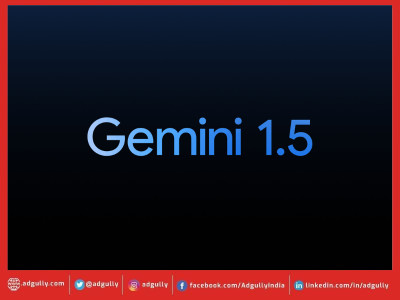Google pays Apple 36% of search ad revenue from Safari
Google pays Apple 36% of its search advertising revenue from Safari under their search default agreement. This was revealed in an open court in the US during the ongoing anti-trust case against Google filed by the US Department of Justice.
The revelation, made by an Alphabet witness, Professor Kevin Murphy from the University of Chicago, was hitherto unknown to the world. And it is a testament to the financial gains for both companies, who have been reluctant to disclose such details due to potential anticompetitive concerns.
The revelation was unexpected and came as part of Alphabet's defense against the Justice Department's claims of Google illegally maintaining dominance in search and advertising markets.
According to a Bloomberg report, The Williams & Connolly antitrust partner, John Schmidtlein, reportedly reacted visibly when the figure was disclosed.
The focal point of the proceedings revolves around the search default agreement, with Judge Amit Mehta characterizing the Apple-Google deal as the case's "core."
Bernstein analyst Toni Sacconaghi estimates that Apple stands to generate $19 billion in revenue in 2023 through the search engine default deal with Google.
It was also revealed during the trial that Google has paid more than $26bn to companies like Samsung, Apple, Mozilla, etc. for making Google as the default search engine.
While testifying, Alphabet CEO Sundar Pichai tried to defend such agreements, but competitors, including Microsoft CEO Satya Nadella, have expressed criticism, viewing the arrangement as harmful to their businesses.
According to Nadella, the ongoing discussions with Apple regarding a default search engine deal for Microsoft's Bing had not resulted in an agreement, even if it entailed short-term losses. He underscored that the notion of an "open web" is deceptive, contending that what truly exists is the "Google web."


















Share
Facebook
YouTube
Tweet
Twitter
LinkedIn